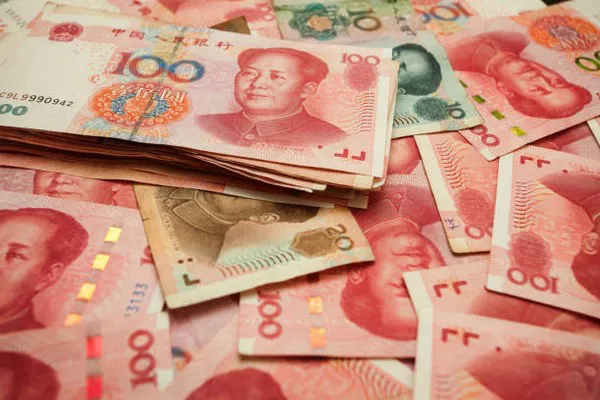In the realm of global investing, one critical decision for investors is whether to purchase Exchange-Traded Funds (ETFs) denominated in Chinese Yuan (CNY) or U.S. Dollars (USD). This decision involves assessing currency risk, transaction costs, liquidity, and the potential impact on investment returns. Both currencies have their pros and cons, and the optimal choice depends on various factors. In this article, we will explore the considerations surrounding this decision and provide insights to help investors navigate this complex terrain.
Understanding Currency Risk
Currency risk is a fundamental concern when investing internationally. When an investor holds assets denominated in a foreign currency, they are exposed to fluctuations in the exchange rate between that currency and their home currency. For instance, if a U.S.-based investor buys a CNY-denominated ETF and the value of the Chinese Yuan depreciates against the U.S. Dollar, the investor may experience a decrease in the value of their investment when translated back into USD.
Conversely, purchasing a USD-denominated ETF shields investors from direct currency risk associated with the Chinese Yuan. However, it exposes them to currency risk related to movements in the USD against their home currency.
Transaction Costs and Fees
Transaction costs are another critical consideration. Buying and selling ETFs often incurs fees, which can vary based on the currency of the transaction. Currency exchange fees can be significant, especially when converting between major currencies like USD and CNY. These costs can erode investment returns over time, particularly for frequent traders or those investing substantial sums.
Investors should also consider the impact of currency exchange rates on the fund’s net asset value (NAV). Fluctuations in exchange rates can influence the ETF’s performance and may add an additional layer of complexity to evaluating its returns.
Liquidity and Market Depth
ETF liquidity and market depth are essential factors when deciding which currency to transact in. Generally, USD-denominated ETFs tend to have higher liquidity and trading volumes due to the global dominance of the U.S. Dollar. This liquidity can translate into narrower bid-ask spreads and more straightforward execution of trades. In contrast, CNY-denominated ETFs may have lower liquidity and could be subject to wider spreads, potentially impacting transaction costs.
Investors should assess the specific ETF’s trading volume, bid-ask spread, and overall market depth in both currencies before making a decision. Higher liquidity generally provides more efficient trading and better price discovery.
Impact on Investment Returns
The choice between CNY and USD-denominated ETFs can significantly affect investment returns over time. Besides currency fluctuations, factors such as interest rate differentials between the currencies and geopolitical events can influence exchange rates and, consequently, the performance of the ETF in a particular currency denomination.
Investors seeking exposure to Chinese markets may prioritize CNY-denominated ETFs to align more closely with the underlying assets’ currency and potential economic developments in China. However, investors concerned about currency risk may prefer USD-denominated ETFs for more predictable returns in their home currency.
Hedging Strategies
For investors seeking to mitigate currency risk, several hedging strategies are available. Currency-hedged ETFs aim to neutralize the impact of exchange rate fluctuations by using financial instruments like forward contracts or options. These ETFs are designed to deliver returns in the investor’s home currency, irrespective of movements in the underlying foreign currency.
However, currency hedging strategies come with their own costs and complexities. Investors should carefully evaluate the effectiveness and suitability of such strategies based on their investment goals and risk tolerance.
Practical Considerations
In practice, the decision to buy ETFs in CNY or USD depends on several factors:
Investment Horizon: Short-term investors may be more sensitive to currency fluctuations and transaction costs, whereas long-term investors might prioritize exposure to the underlying assets regardless of currency.
Currency Outlook: Considerations regarding the expected direction and volatility of currency markets can influence the decision.
Diversification: Investors with portfolios denominated in multiple currencies may strategically select ETFs based on overall currency exposure.
See Also Will the Chinese Yuan Replace the US Dollar as the Dominant Global Currency?
Conclusion
Ultimately, the decision to buy ETFs in CNY or USD requires a nuanced analysis of currency risk, transaction costs, liquidity, and investment objectives. Each currency denomination presents distinct advantages and disadvantages, and investors must carefully weigh these factors based on their individual circumstances.
In an increasingly interconnected global market, currency dynamics play a pivotal role in investment outcomes. By understanding the implications of currency denomination on ETF investments, investors can make informed decisions that align with their financial goals and risk tolerance. Consulting with financial professionals and staying abreast of macroeconomic developments can further enhance decision-making in this complex landscape.


